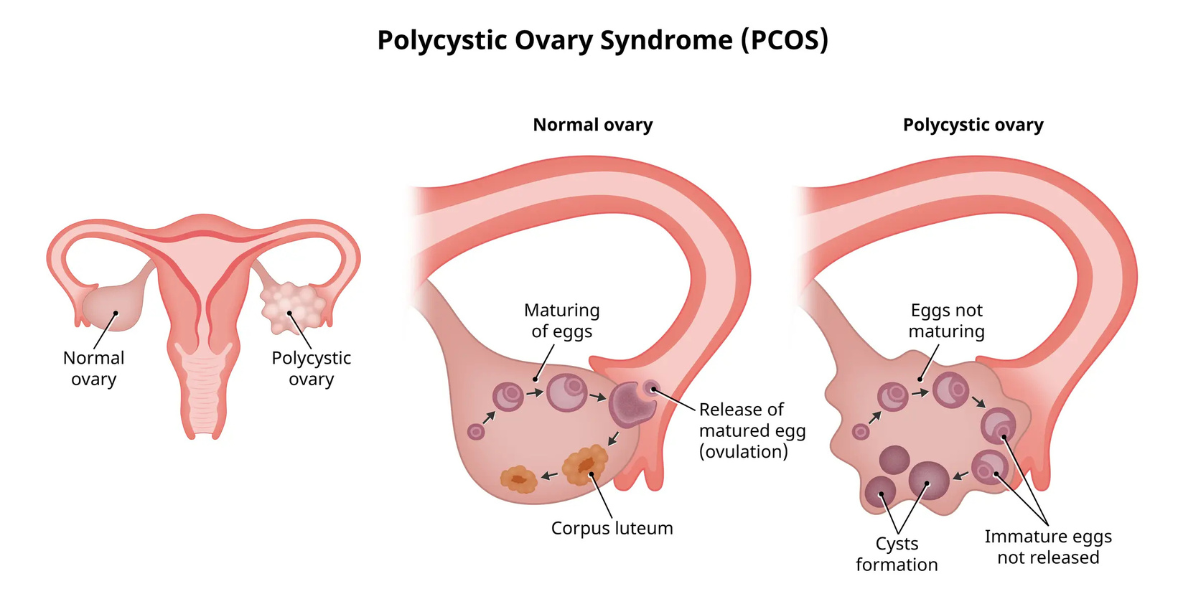
Empowering men and overcoming the stigma of male infertility
Introduction
Infertility is often considered a topic mainly associated with women when they struggle to get pregnant. However, it's essential to recognize that men can also face fertility challenges. Male infertility affects millions of couples worldwide, yet it is often shrouded in silence and stigma. There shouldn’t be a differentiation in men and women with respect to the emotional aspect. In this blog, we aim to shed light on the stigma surrounding male infertility, explore its impact on men and their partners, and discuss ways to empower men in overcoming this stigma. By being understanding and supportive, we can create a more inclusive and compassionate environment for those affected by male infertility
Breaking the Silence
The first step in differentiating the stigma of male infertility is to break the silence surrounding the topic. Traditionally, societal expectations have placed the burden of becoming pregnant on women, leading to a lack of awareness and support for men facing fertility challenges. Men, too, may feel societal pressure to conform to traditional gender roles, which can make it difficult for them to open up about their struggles with infertility. By encouraging open conversations, we can create a safe space for men to share their experiences without the fear of judgment or shame.
Challenging Stereotypes
Stereotypes associated with male fertility can further perpetuate the stigma surrounding male infertility. Society often equates masculinity with fertility, creating an environment where men who experience fertility challenges may feel emasculated. It is crucial to differentiate these stereotypes and redefine what it means to be a man. Fertility struggles do not diminish a man's worth or masculinity. By promoting a more inclusive and understanding definition of masculinity, we can combat the stigma and empower men to seek help and support.
Support and Education
Educating both men and society at large about male infertility is vital in overcoming the stigma. Many people lack accurate information about the causes, prevalence, and treatments available for male infertility. By providing comprehensive and accessible education, we can avoid myths and misconceptions among people. Support groups, counseling services, and online communities can play a crucial role in connecting men and their partners with others who share similar experiences. These platforms provide a safe space to share stories, seek advice, and offer support, helping individuals navigate their fertility journey with greater confidence and resilience.
Open Communication
The impact of male infertility extends beyond the individual, affecting the couple as a whole. It is essential to involve partners in discussions and decision-making processes, fostering a sense of shared responsibility and support. Open and honest communication within the relationship can help build trust, strengthen emotional bonds, and navigate the challenges of infertility together. By acknowledging the shared experience and actively involving partners, we can reduce feelings of isolation and empower couples to face male infertility as a united front.
Conclusion
Differentiation of the stigma of male infertility requires collective efforts to foster understanding, empathy, and support. By breaking the silence, challenging stereotypes, providing education, and promoting partner inclusion, we can empower men and couples affected by male infertility. Let us create a world where individuals facing fertility challenges are met with compassion, where their voices are heard, and where they are empowered to seek the help they need to fulfill their dreams of getting pregnant.






